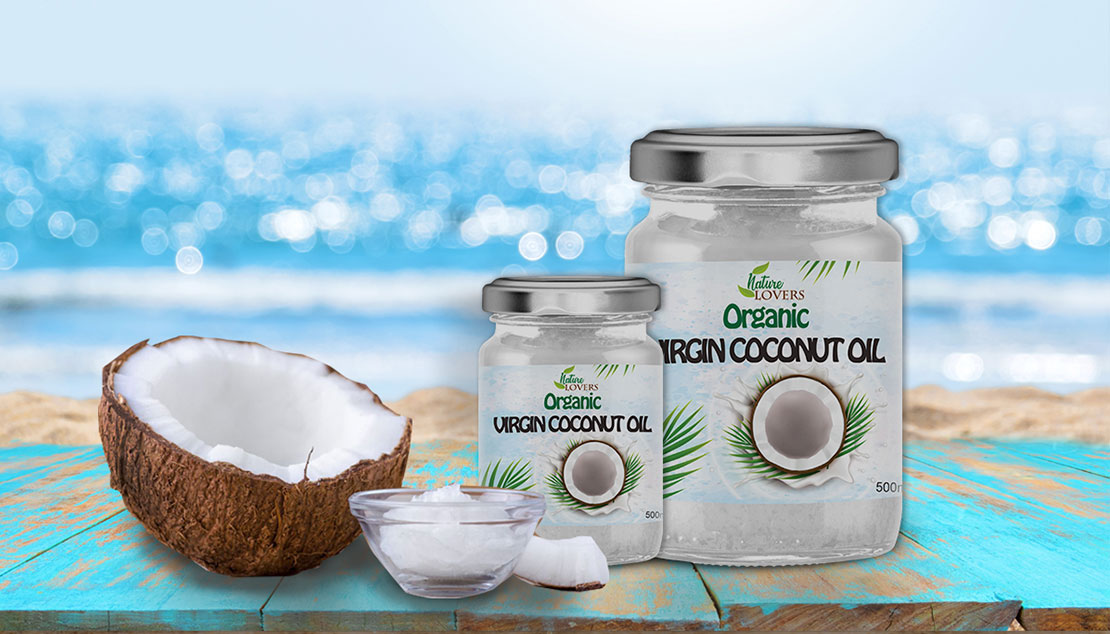
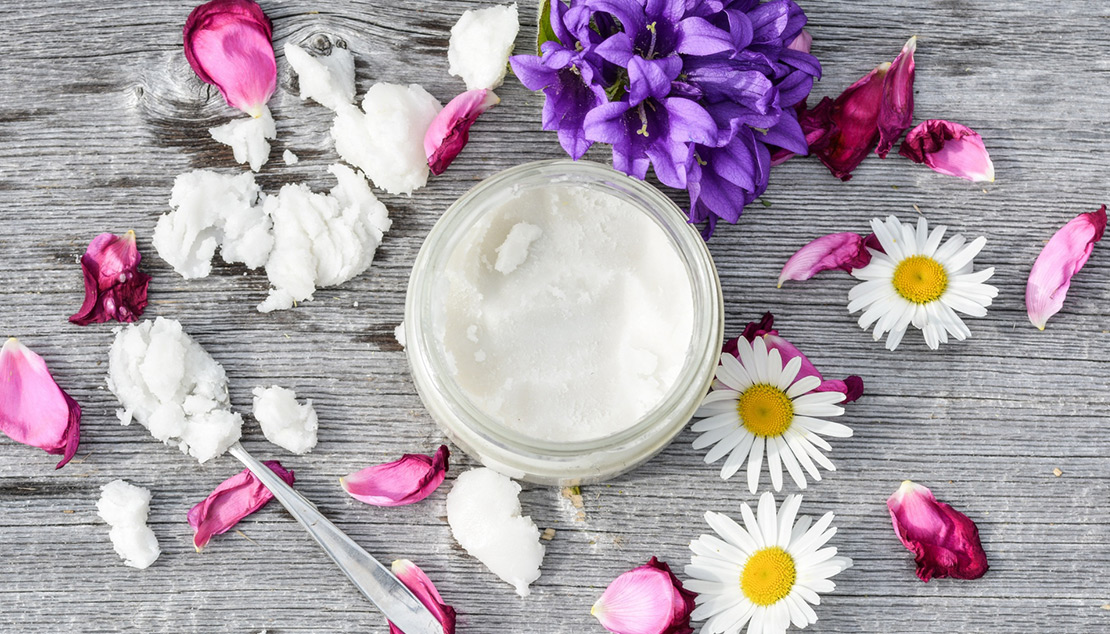
Organic Virgin Coconut Oil
The production of our Virgin Coconut Oil involves numerous steps.
Coconuts are harvested and de-husked, and the meat is grated before drying. The dried coconut undergoes cold-pressing at temperatures below 60 degrees Celsius, preserving its natural qualities. After filtration and settling, the resulting oil is stored in dark, airtight containers. Rigorous quality control ensures a premium-grade Virgin Coconut Oil consistency of purity, freshness, and distinct aroma
This Cold-pressed and unrefined, product has several uses but is not limited to;
Cooking and Baking, Skin Moisturizing, Hair Conditioning, Makeup Removing, Lip Balm, Oil Pulling Massage Oil, Shaving Cream, Cuticle Oil, Sunburn Relief etc.
Organic Virgin & Extra Virgin Coconut Oil in Pails
- Organic VCO 4L
- Organic VCO 10L
- Organic VCO 20L
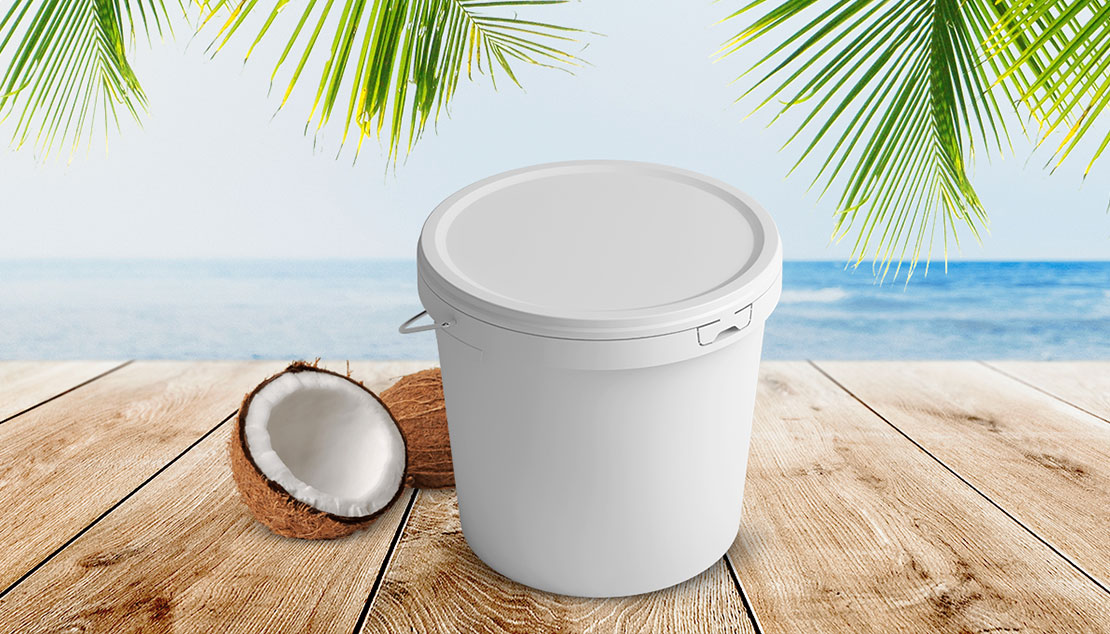
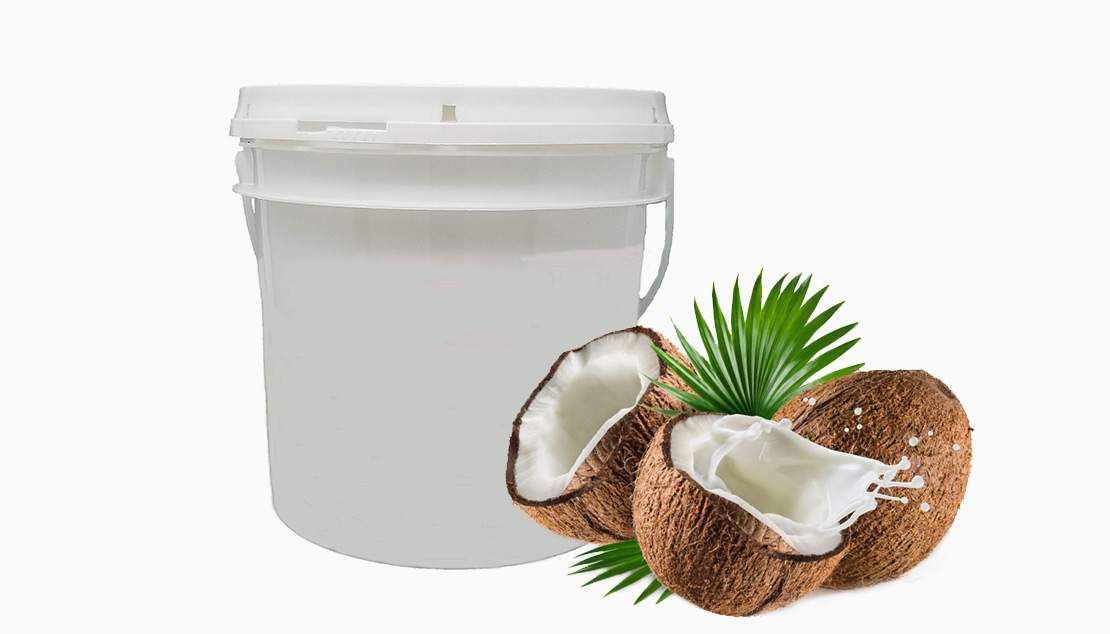
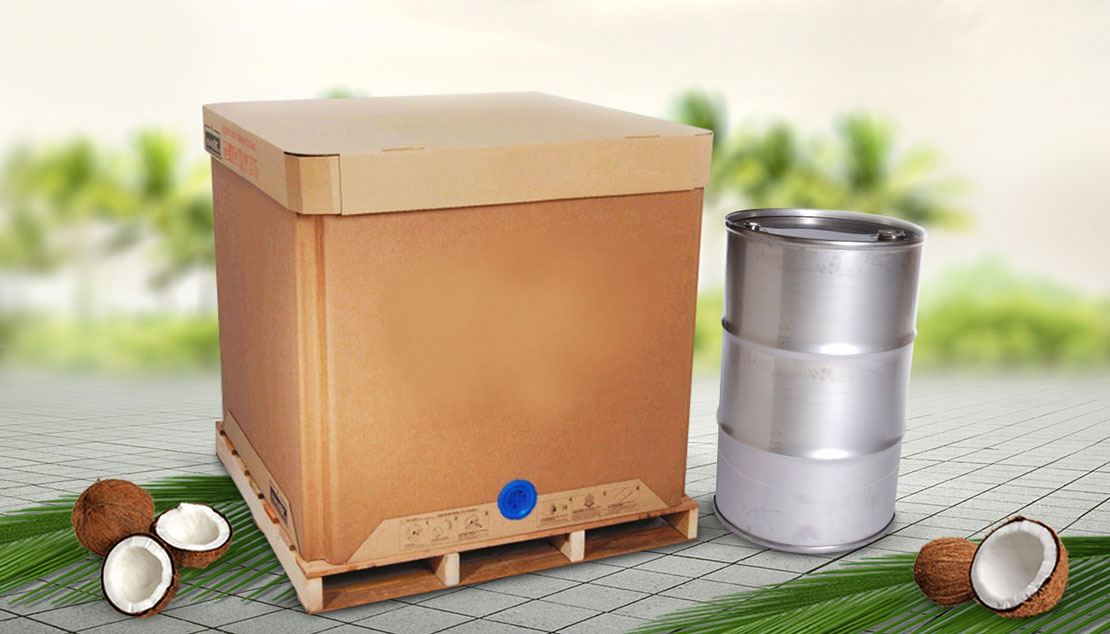
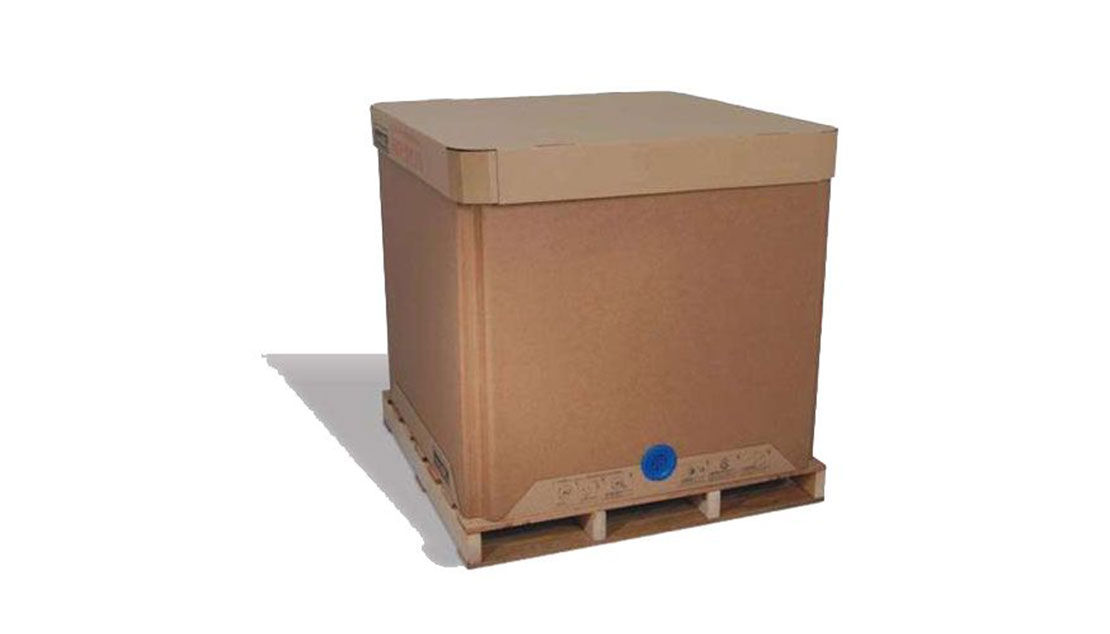
Organic Virgin & Extra Virgin Coconut Oil in IBC Containers and Drums
- Organic VCO 192Kg (210)
- Organic VCO 915Kg (1000L)
Organic Creamed Coconut (Coconut Butter)
Coconut butter, or creamed coconut, is produced by harvesting mature coconuts, making desiccated coconut, and grinding the coconut meat to release natural oils. The mixture is then cooled and solidified to achieve a spreadable consistency.
Used in cooking and baking to add a rich coconut flavor. Popular in curries, sauces, and soups, as well as in desserts like candies and truffles. Can be spread on toast, blended into smoothies, or used to make coconut milk. A dairy-free alternative enhances the flavor of marinades and dressings and can be included in energy bars or frozen treats.
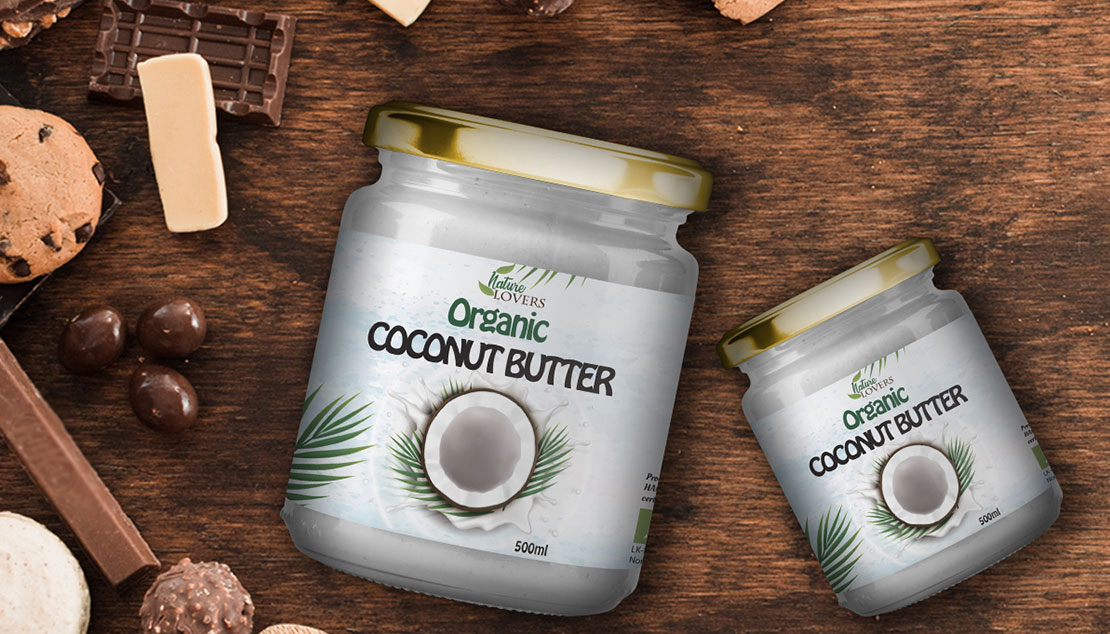
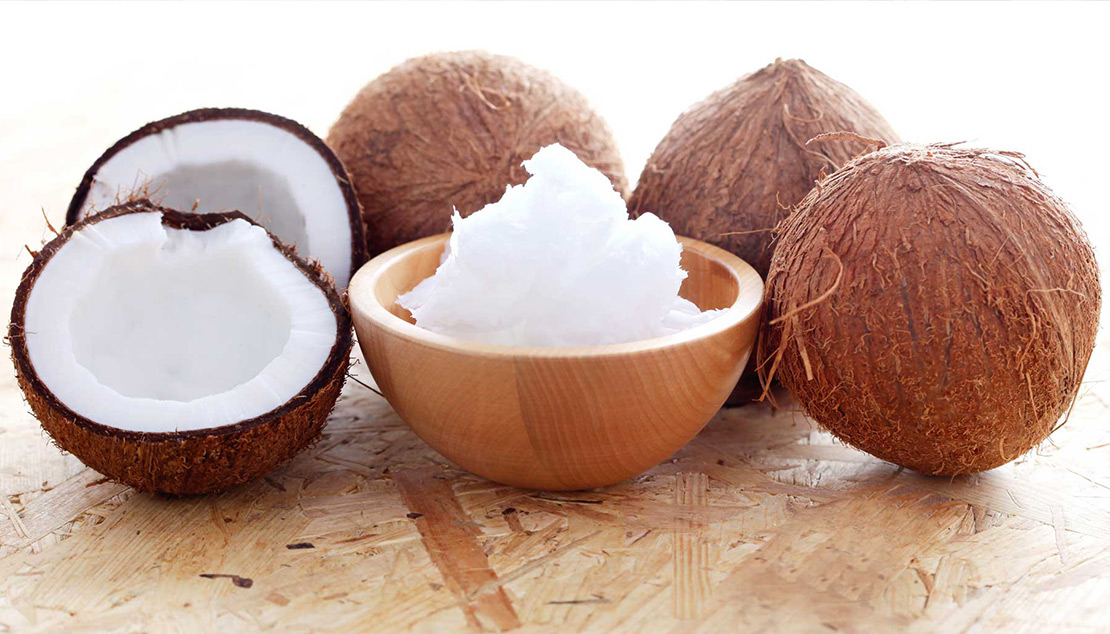


Organic Coconut Flour
After extracting coconut oil from coconut meat, resulting in an oil cake rich in fiber. The cake is then milled into a fine powder, and sieved to achieve a uniform texture. Coconut flour is known for its high fiber content and gluten-free properties.
Commonly used in baking for both sweet and savory recipes, providing a subtle coconut flavor and moist texture. Popular in gluten-free and paleo diets, a coating for fried foods, and an ingredient in low-carb and ketogenic recipes. It enhances the nutritional content of smoothies, can be used in healthier desserts and snacks, and even in making gluten-free pizza crusts and wraps.
Organic Coconut Milk & Cream:
The journey of processing begins with harvesting mature coconuts, followed by de-husking and deshelling to extract the coconut meat. The meat is then finely grated and mixed with water to create a coconut cream. Homogenized, and packed into cans, drums, or bags in boxes after commercial sterilization.
This creamy liquid is a perfect ingredient for adding to curries, beverages, and desserts.




Organic Desiccated Coconut:
First, the outer husk is removed to reveal the hard shell, and the coconut water is extracted. The white kernel inside is then separated from the shell and cut into desired sizes. The product is then dried to reduce moisture and make it desiccated. This cut coconut is then used to produce different grades of desiccated coconut based on particle size by sieving. Popular grades are Fine, Medium, and chips.
The product is a popular delicious ingredient of Bakery Products, Confectionery, Cereal and Granola, Desserts, Smoothies and Shakes, Curries and Stews, Trail Mixes, Yogurt Toppings, Oatmeal and Porridge, Salads, and many more Asian Cuisine.
Other Organic coconut products
- Organic coconut water
- Organic king coconut water
- Organic coconut milk powder
- Organic coconut sugar
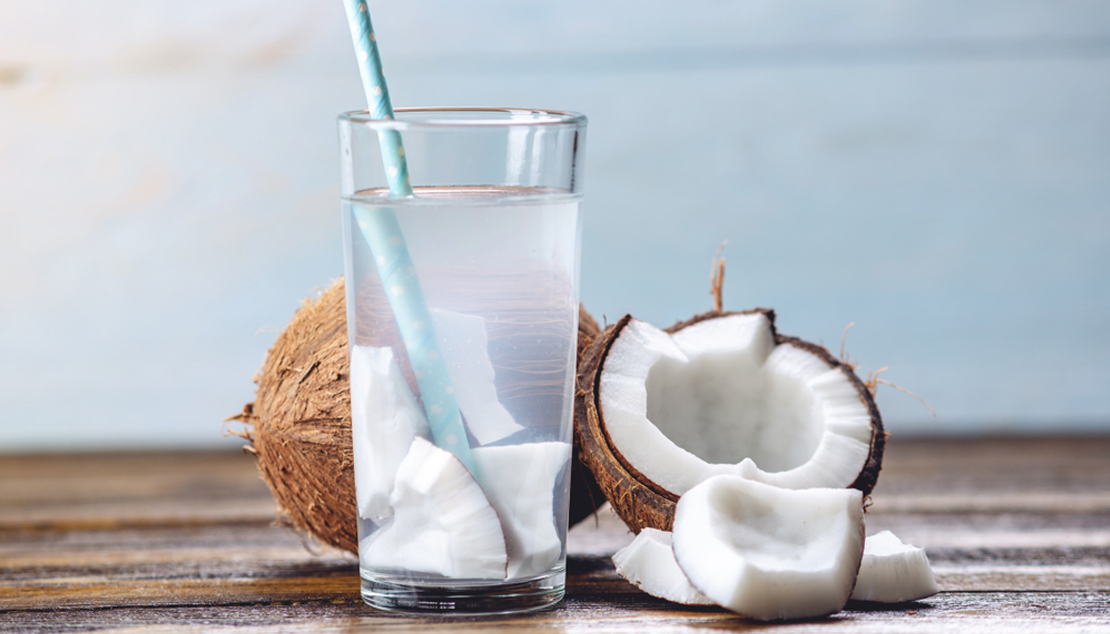

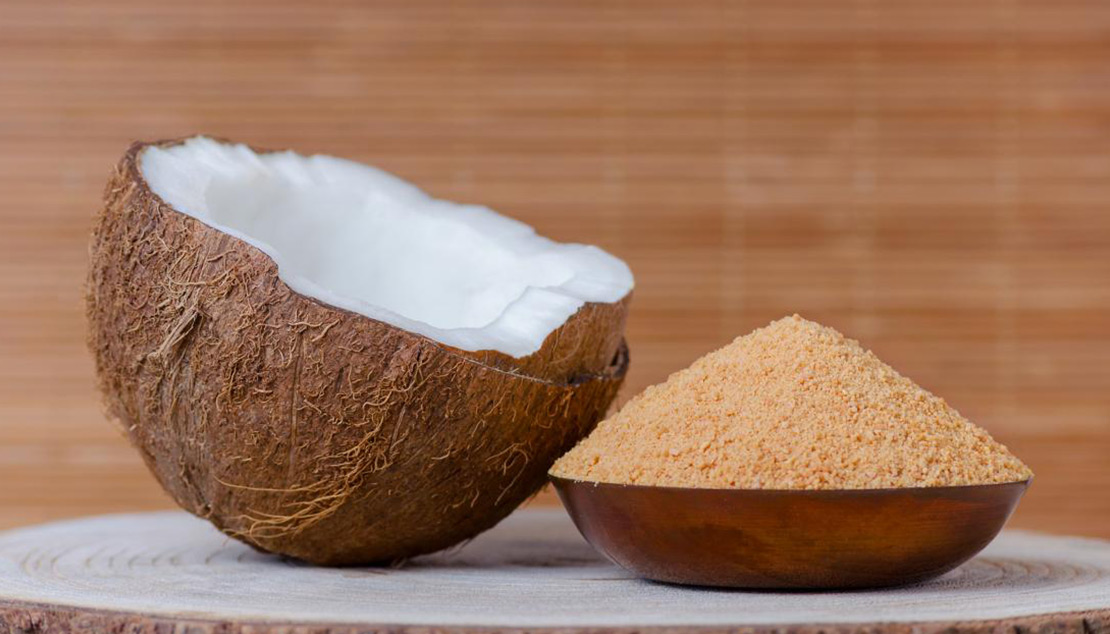


Organic coconut Coir Substrate
- Organic Coir Bales
- Organic Coir Briquettes
- Organic Coir Chips
- Organic Coir Grow Bags
- Organic Coir Discs
Organic Coconut Milk Powder:
Following harvesting, the coconuts undergo de-husking and deshelling to extract the coconut meat. The coconut meat is then expeller-pressed to obtain coconut milk. This milk is mixed with a filler to enhance consistency. The mixture undergoes spray drying, and the resulting coconut milk powder is safely packed, preserving the authentic taste of Sri Lankan coconuts in a convenient and versatile form.
Crafted from pure coconut extract, free from artificial additives. It is perfect for Cooking and Baking, Curries, and Stews, Smoothies, Hot and Cold Beverages, Cereal and Oatmeal Toppings, Desserts, Sauces and Dressings, Dairy-Free Yogurt, Cocktails, Soups, Marinades, Dairy-Free Baking, Creamy Dips and Spreads and many more.




Organic RBD Coconut Oil
RBD coconut oil, which stands for Refined, Bleached, and Deodorized coconut oil made of crude coconut oil extracted from dried coconut kernel, refining to remove impurities, bleaching to eliminate color and odors, deodorizing for a neutral scent, and a final filtration. This method results in a clear, odorless, and versatile oil with a high smoke point.
This product is perfect for making Ice Cream, dishes, costumes, and industrial applications without any odor while retaining the natural benefits of coconut oil.
Organic Coconut MCT Oil
MCT coconut oil is produced by extracting coconut oil from dried coconut kernels, followed by a specialized process called fractionation. This process isolates medium-chain fatty acids, which are prized for their quick absorption and potential health benefits. The isolated MCTs undergo purification to ensure a high-quality, colorless, and odorless oil.
MCT coconut oil remains liquid even at lower temperatures, making it a versatile choice for various applications. Widely used in supplements, cooking, and cosmetics.




Organic Coconut MCT Oil Powder
Coconut MCT oil powder is produced by converting liquid MCT oil, extracted from coconut oil, into a powdered form. This is achieved through the method of spray drying, often involving the addition of carriers. The resulting powder is a portable and versatile alternative to liquid MCT oil.
It serves as a dietary supplement for energy and mental focus, can be added to smoothies, and beverages like coffee or tea, used in baking and cooking, and incorporated into sports nutrition, meal replacement shakes, and ketogenic diets.
Organic King Coconut Water
The processing of King coconut water involves harvesting mature coconuts, the coconut water is extracted. Filtration is used to remove impurities, and the processed water is then packaged under hygienic conditions. Optional steps such as sterilization and pasteurization may be employed to ensure safety and extend shelf life.
King coconut water is a versatile beverage with various uses. It serves as a hydrating and healthy drink on its own and can be used as a base for smoothies, and juices. Additionally, it is popular as a mixer in cocktails and is a choice for athletes for its natural electrolytes. Sometimes included in detox diets.

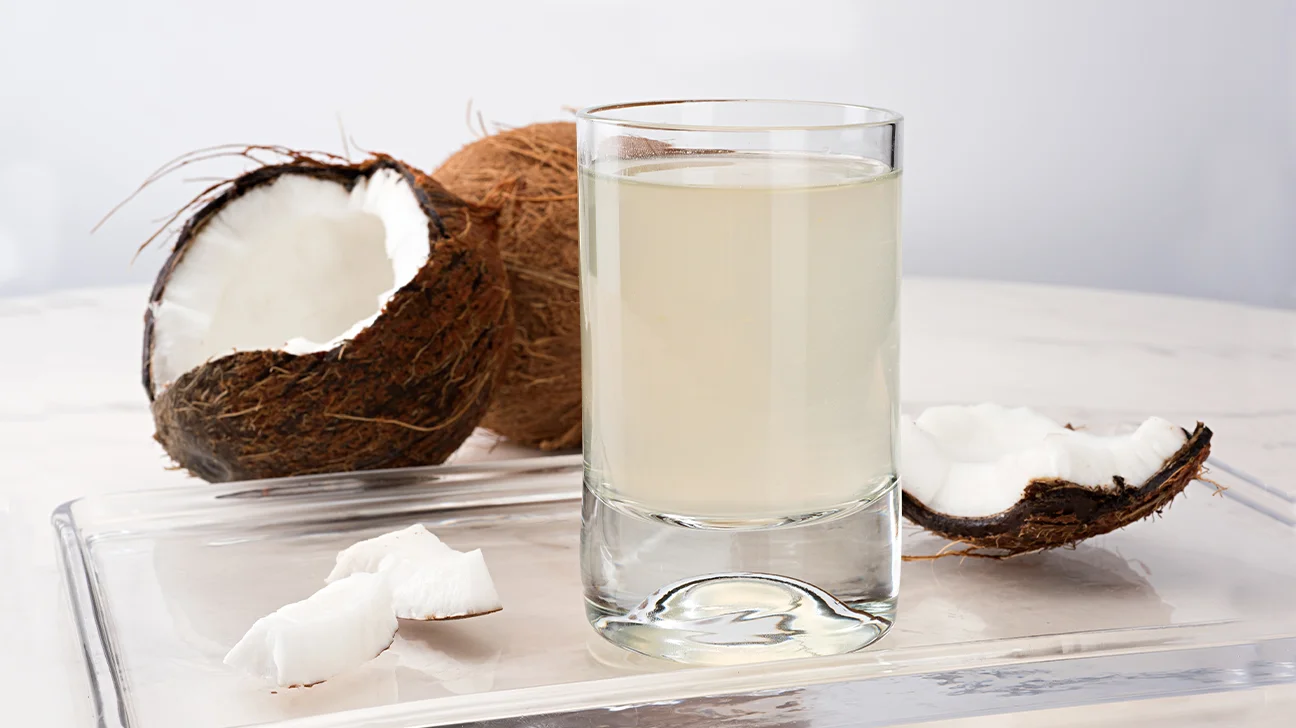
Organic Sweetened Condensed Coconut Milk
Sweeteners, such as sugar, are added to the coconut cream, and the mixture undergoes further heating for condensation. The result is a rich and sweet product with a smooth texture a plant-based substitute that offers a similar thick and sweet consistency as traditional sweetened condensed milk made from dairy.
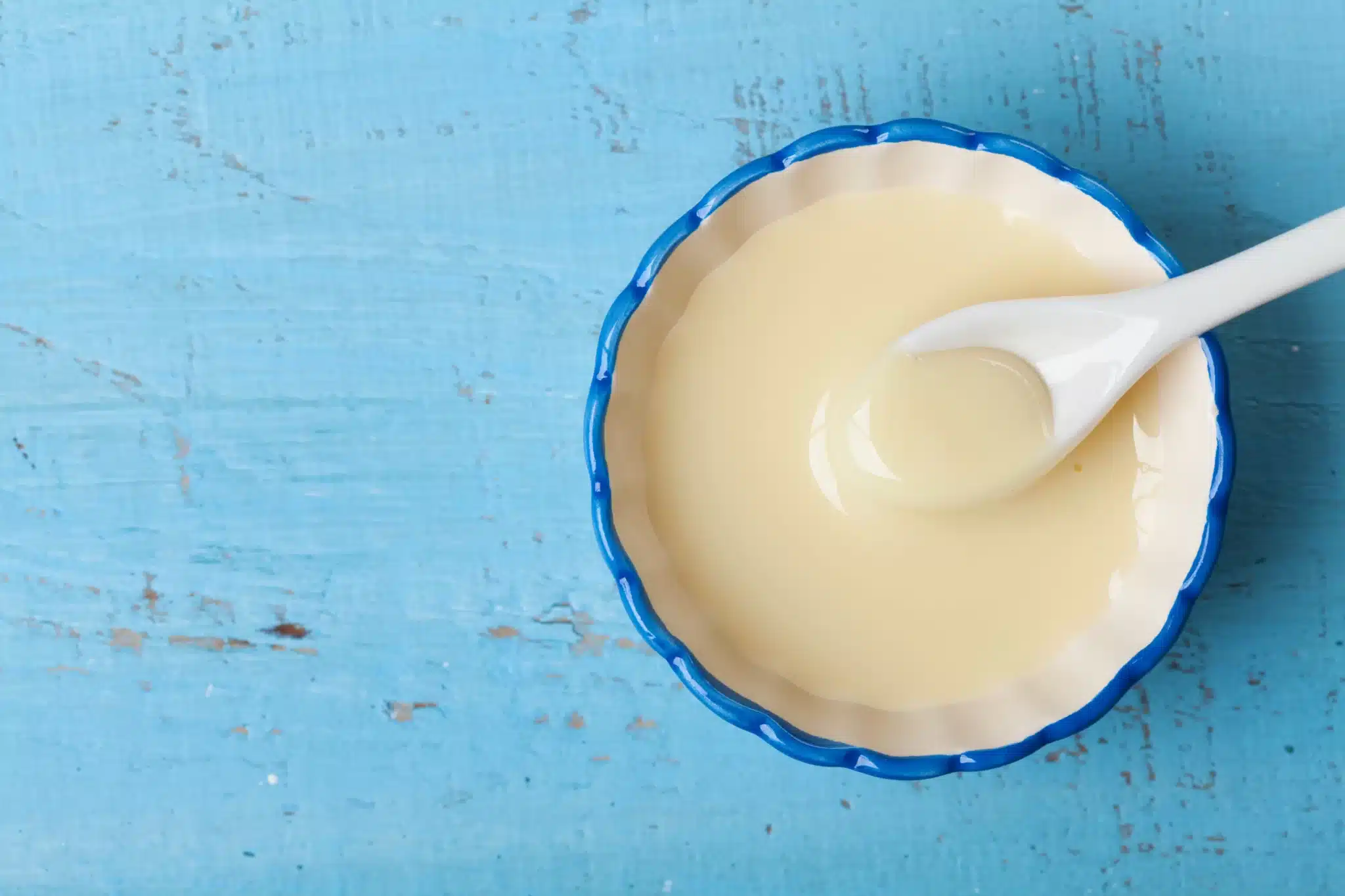
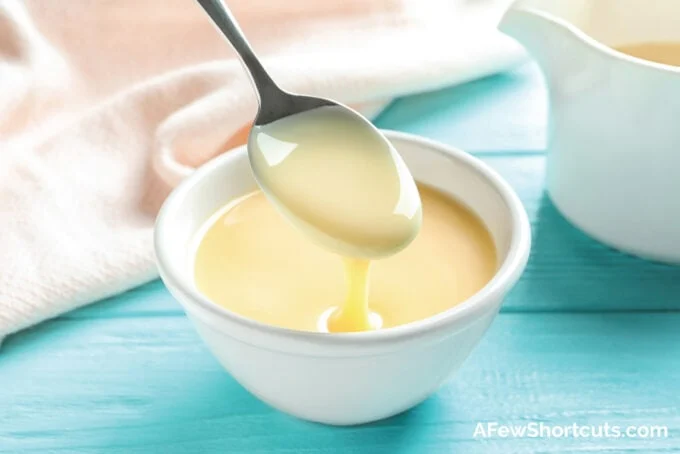
Organic Coconut Syrup (Treacle/ Nectar)
Coconut syrup, also known as coconut treacle or nectar, is a sweet and flavorful liquid extracted from the sap of coconut blossoms. After tapping the blossoms, collecting the sap, and boiling or evaporating it to achieve the desired thickness and sweetness. The syrup is filtered and cooled.
A healthier alternative to refined sugars, coconut syrup is suitable for gluten-free and vegan diets. A natural sweetener in baking, desserts, and beverages, offering a unique tropical and caramel-like coconut sweet taste. Used in marinades, incorporated into energy bars, salad dressings, cocktail mixers, and breakfast bowls.
Organic Coconut Sugar
After collection of coconut sap, which is then boiled or evaporated to concentrate sugars. The concentrated sap is cooled to crystallize into granules and ground into a finer powder. The resulting coconut sugar is minimally processed, retaining natural flavors and nutrients. It is rich in flavor, resembling caramel tone, and is recognized for having a lower glycemic index compared to refined sugars.
Serves as a substitute for white or brown sugar in baking, beverages, and cooking. Enhances the taste of desserts, yogurt, and breakfast bowls, and it is often used in snacks, energy bars, and ice cream. Can be used in glazes, dressings, and vinaigrettes to add a touch of sweetness.
Organic Partially Defatted Desiccated Coconut
The production of partially defatted desiccated coconut from milk-extracted coconut meal involves extracting coconut milk from coconut meat and then drying the coconut solids. This product serves as a dry, flaky, and finely shredded coconut ingredient with reduced fat content.
It is commonly used in baking cookies, cakes, and muffins, as well as in breakfast items like cereal and granola. Low-fat desiccated coconut offers a lighter option for those seeking coconut flavor and texture without the higher fat content found in traditional coconut products. Its lower fat content makes it an ideal choice for creating confections that tend to absorb other flavors, such as juices and sugars. The porous nature of low-fat desiccated coconut allows it to absorb and hold onto liquids and sweeteners, enhancing the overall taste and texture of confectionery items.